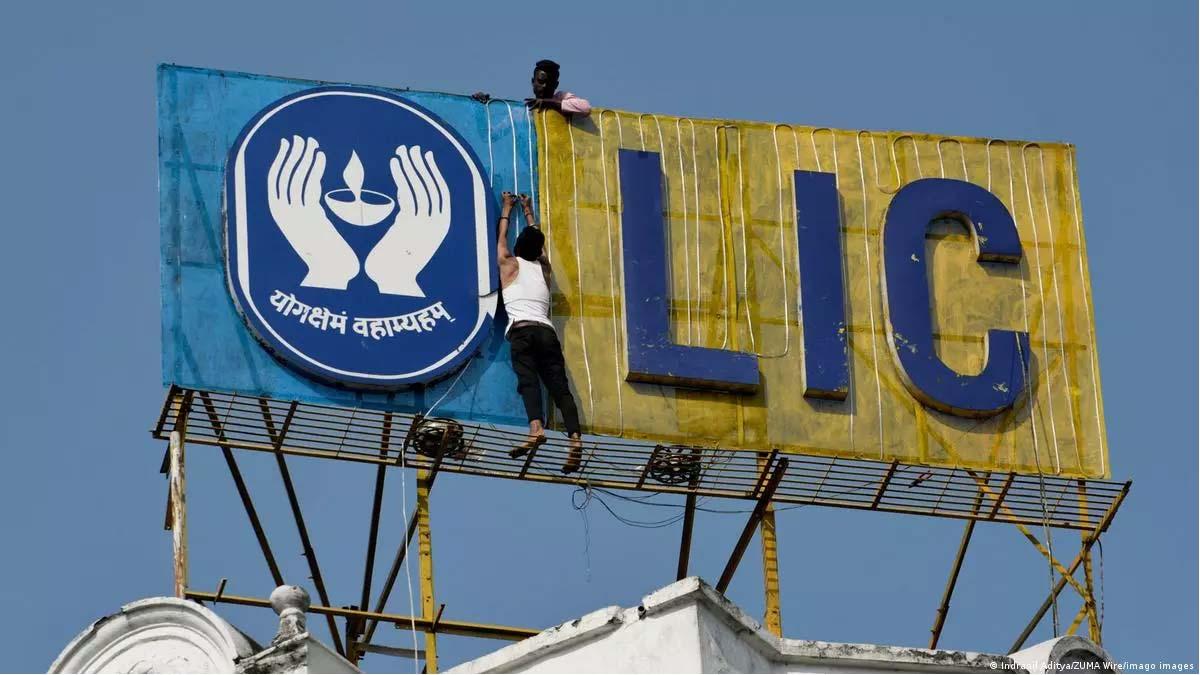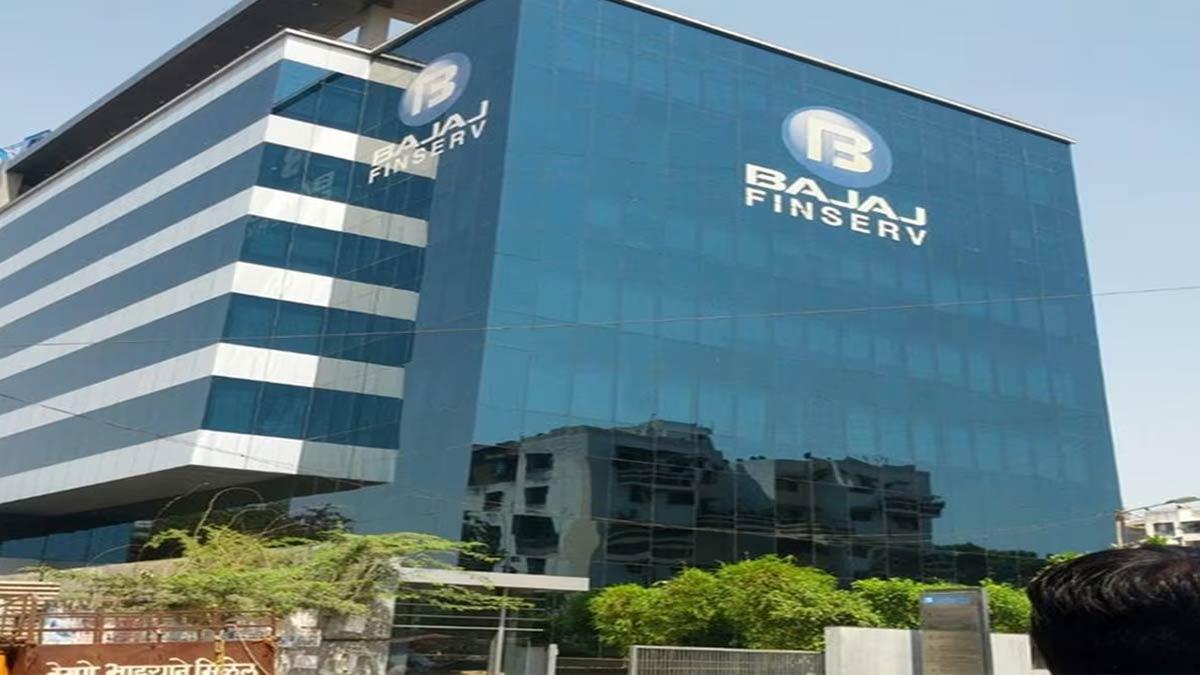Tata Consultancy Services (TCS), the largest IT services firm in India, reported an 8.7% increase in net profit for the June quarter, reaching ₹12,040 crore. However, the company expressed uncertainty about maintaining this growth momentum for the rest of the fiscal year.
Despite this, TCS is optimistic that FY25 will outperform the previous year. As the first major IT player to release its earnings for the April-June period, TCS achieved a 5.4% rise in revenue, totaling ₹62,613 crore. CEO K. Krithivasan noted satisfaction with the overall growth but acknowledged challenges in predicting sustainability.
When asked about the sustainability of this growth, Krithivasan indicated caution, stating that the prevailing market conditions remain unchanged from the previous quarter, making it premature to assess long-term viability.
Regionally, TCS experienced a 1.1% decline in revenue from North America, reducing its market share to 49.5%. In contrast, revenue from India surged by 61.8%, largely due to the rollout of 4G networks for state-owned BSNL.
Addressing queries about the significant contribution of BSNL to incremental revenue, Krithivasan emphasized that while BSNL’s performance was strong, non-BSNL revenues also played a crucial role in growth compared to the previous quarter. He stressed the importance of diversifying revenue sources, highlighting the unpredictability of market conditions and the short decision-making timelines of clients.
In terms of regional performance, TCS recorded an 8.5% revenue growth in the Middle East and Africa, while Latin America saw a 6.3% increase. Krithivasan believes these regions, along with India, will become significant contributors to future business.
The banking, financial services, and insurance (BFSI) sector, which is TCS's largest vertical, experienced a 0.9% revenue decline. Krithivasan pointed out the interconnectedness of this vertical with North America, suggesting that growth in one will likely drive growth in the other.
During the June quarter, TCS secured new deals worth USD 8.3 billion, with USD 4.6 billion coming from North America and USD 2.7 billion from the BFSI sector. Although this figure was lower than both the previous quarter and the same period last year, the CEO stated that the company is comfortable as long as quarterly totals remain in the USD 7-9 billion range.
TCS's operating profit margin decreased to 24.7%, primarily due to wage hikes. COO Samir Seksaria expressed hopes for improving this margin through operational efficiencies and revenue growth, targeting an aspirational margin of 26-28%, though he did not confirm whether this target would be achieved by the end of FY25.
The CFO described the pricing environment as "stable" overall. On the employment front, TCS added a net 5,452 employees, bringing its total workforce to nearly 607,000, marking the first net increase in several quarters. HR chief Milind Lakkad noted the onboarding of 11,000 trainees, some of whom were delayed from the previous fiscal year.
Regarding generative artificial intelligence, Krithivasan reported that the pipeline of opportunities has doubled to USD 1.5 billion, although most projects are short-term, typically lasting one to two quarters. In the Indian market, TCS is on track to complete the BSNL network rollout by the fiscal year's end. Amid national concerns over the integrity of entrance exams, Krithivasan highlighted TCS's role in facilitating computer-based testing as a growth opportunity.
In the UK, which contributes approximately 17% of revenues, the new Labour government’s policies are expected to provide clearer business prospects moving forward.
Additionally, TCS announced an interim dividend of ₹10 per equity share, with August 5 set as the record date.
Following the results, analysts from the domestic brokerage Stoxbox noted that the numbers were a "mild surprise" on the upside and indicated they would be monitoring BSNL's deal ramp-up, medium-term demand trends in the industry, and future deal wins.
TCS shares closed at ₹3,922.70, up 0.33% on the BSE, even as the benchmark index saw a slight decline.
Read also | Dezerv Secures $32 Million Funding Round with Premji Invest Leading


















